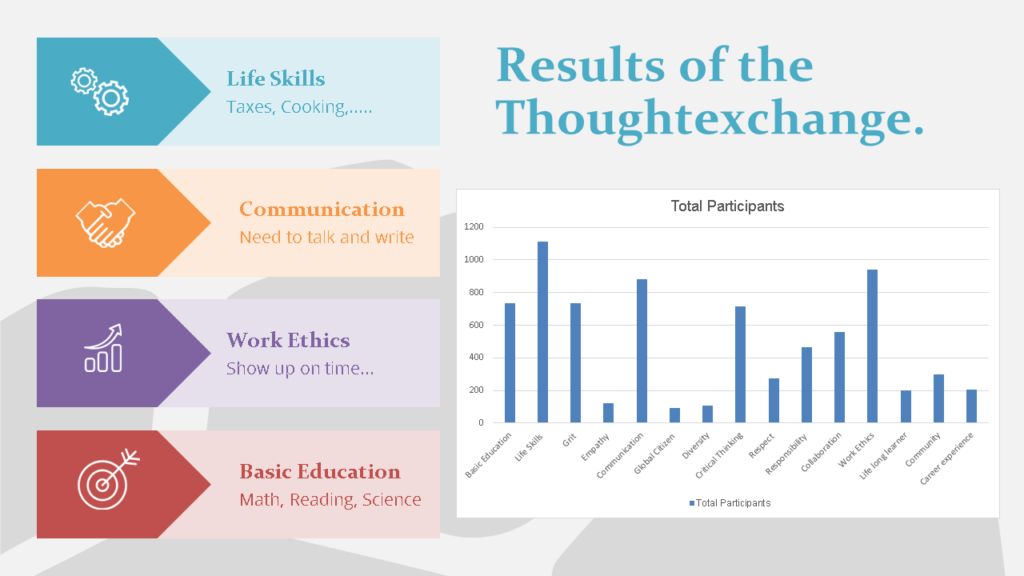
A Social, Political, Environmental, and Economic View
Background
When I first saw the “Global Citizen” painting on the window of Newville Elementary, it made me stop and think. What exactly is a “Global Citizen”? Why is the school promoting this idea, and what does it have to do with being a citizen of the United States? After being elected to represent Lower Frankford in the school district, I was surprised by the strong reactions I received when I started asking questions about the Global Citizen (GC) movement.
Research Findings
I quickly realized that the pushback I was facing was part of something bigger. As I did more research, I discovered that there is a network of Global Citizens all over the world. The United Nations (UN) has been promoting the idea of Global Citizen since at least 1947, and advocacy groups have been pushing it even harder since 2011. The main goal of Global Citizen, according to the UN and these groups, is to promote peace, economic justice, and environmental justice worldwide. Their plan to achieve these goals includes promoting ideas like Social Justice, Diversity, Equity, and Inclusion (DEI), Critical Race Theory (CRT), and other political agendas.
Global Citizen is a political viewpoint, just like Nationalism, Socialism, or Communism. Schools can teach students about these ideas, but they should not push students to adopt one specific viewpoint. However, our school seems to be promoting Global Citizen, as seen in the “Profile of a Graduate,” where Global Citizen is listed as the top priority. So, is the “Global Citizen” mentioned in the Profile of a Graduate the same as the political concept pushed by the UN? The answer is yes.
GC at BSSD
At Big Spring, the idea of Global Citizen is the same as the one promoted by the UN. Both are frameworks, not specific classes, and both encourage students to adopt a political perspective. Global Citizen is being woven into all classrooms, influencing what is taught and how it is taught. It promotes social justice, globalism, and activism. The UN and UNESCO are pushing this agenda into schools, and students are being taught to act in ways that support these goals, both locally and globally.
How Did This Get In To BSSD
Global Citizenship made its way into Big Spring School District through a process I believe was misleading. The district conducted a “thought exchange” to gather community input on what the community wanted the children to learn. This feedback was supposed to form the basis for the Profile of a Graduate. However, there was very little community participation, especially from non-staff members who pay taxes. The results of the thought exchange don’t match what is in the Profile of a Graduate. There was only one comment specifically mentioning Global Citizenship, and it only had 9 participants.

Some other posts may have referred to Global Citizenship, but they added up to only 90 participants. This was one of the least discussed themes, while the topic of “Life Skills” was by far the most popular, with over 1,111 people participating. The results of the thought exchange do not support the inclusion of Global Citizenship in the Profile of a Graduate.

Keeping My Promise
During my campaign, I promised to remove political and social influences from the classroom, and eliminating Global Citizenship is part of keeping that promise. Education should focus on academics, and it is not the role of the school to promote specific political or social ideologies. Parents should have the freedom to guide their children in these areas, not the school.
Proponents Of Global Citizenship
There are people who want to keep Global Citizenship in the curriculum. Let’s examine what they have to say:
- “It’s just words, why does it matter?”
It’s more than just words. Global Citizen is a political framework that influences every class and even hiring decisions. If it were “just words,” why the strong push to keep it? - “The Profile of a Graduate doesn’t say ‘Global Citizen,’ it says ‘Global / Empathetic Citizen.'”
Some argue that the slash (“/”) means the intention is to combine both “global” and “empathetic.” However, this is a connector, not a separator. Without the slash, it would simply say “Global Citizen and Empathetic Citizen,” which is still a political viewpoint. - “The community chose this.”
Actually, the community chose “Life Skills” as the top priority, not Global Citizen. - “Children need to be global citizens to understand the world.”
This isn’t true. The Global Citizen framework doesn’t offer classes on global economics or governments. Removing Global Citizen won’t stop the school from teaching these subjects, and it might actually help students better learn about global issues without the political agenda attached.
- “Global Citizen does not override other forms of citizenship.”
This is false. Global Citizen teaches children to become activists, encouraging them to change the values and views of local and national governments to align with globalism. Instead of focusing solely on local or national issues, it pushes students to prioritize global agendas, which can conflict with national and local values and priorities.
In Conclusion
It’s clear that Global Citizenship, as promoted by the UN, is a political agenda that shouldn’t be part of our school system. Education should focus on preparing students with the skills and knowledge they need to succeed, not pushing a specific political viewpoint.


